Kimberly Griffin says that the COVID-19 pandemic continues to disrupt researchers’ careers.Credit: Amy Laakso/CYC Teacher
The COVID-19 pandemic has had a disproportionate impact on mothers in academic science, bringing long-standing issues to the fore. A study done during the very early stages of the pandemic found that scientists with at least one child aged five or younger were spending 17% less time on research than they had previously1. Also, during this time, scientist mothers were significantly less likely to submit manuscripts and to meet deadlines than other researchers2, which is known to lead to fewer professional opportunities and to many leaving the workforce altogether. “Moms leave work because the system is not designed to support them,” says Wally Fulweiler, an ecosystems ecologist at Boston University in Massachusetts.
As pandemic restrictions eased, most parents and caregivers no longer had to oversee remote schooling, but many were still unable to travel because of restrictions or concerns about exposing their families to COVID-19. For instance, Japan continued to limit the number of travellers allowed into the country until October 2022, and Fiji didn’t lift the last of its travel restrictions until February 2023. Along with travel problems, many scientist mums still struggle to find the support needed to progress their careers. Universities throughout the world failed to acknowledge “that it is a 24-hour job to take care of kids at home”, says Fernanda Staniscuaski, a biologist at the Federal University of Rio Grande do Sul in Porto Alegre, Brazil, and founder of Parent in Science, a campaign group started in 2016 to support researcher parents in Brazil. And such career breaks can lead to a vicious downward spiral of productivity: mothers publish less often, then earn less funding and in turn produce less, she says. “We need to break the cycle.”
The career cost of COVID-19 to female researchers, and how science should respond
Ever since the pandemic took hold three years ago this month, scientist mothers have been asking academic institutions, publishers, scientific societies and funding agencies to address inequities and provide better support through policy changes and practical mechanisms. In 2021, Fulweiler and her colleagues set out specific recommendations for organizations around the world, such as providing supplemental funding for salary support, blending virtual and in-person conferences and re-examining tenure timelines3. But few of these recommendations have been implemented. And in January, Mothers in Science, an international non-profit organization based in France, released an action plan for funding agencies that advocates for providing support for the impacts of COVID-19.
Nature talked to five mothers in academia about what institutions have done to make adjustments for pandemic disruptions and what other reinforcements parents, and especially mothers, need.
MEI LIN NEO: Improve family-friendly work policies
Co-founder of Mothers in Science and a marine biologist and senior research fellow at the National University of Singapore.
At the start of the pandemic, my toddler was 15 months old. I struggled to do academic work and parenting simultaneously. I constantly felt as if I was drowning, with no means to surface for air. The pandemic also blurred the lines between spaces — our home, my workplace and our childcare centre converged into a single, tight space. One impact of this for me was a lack of energy, motivation and time to write research proposals, which continues to affect me now as I scramble to secure new funding.
My hope is that institutions will acknowledge that mothers are crucial in academia. For us to continue being effective in our workplaces, institutions must provide basic infrastructure to support us, such as lactation rooms. They should also implement family-friendly policies, such as allowing mothers to bring their kids to work when childcare is unavailable. The lack of these basic necessities reflects how little value institutions place on the contributions of parents.
When I first became a mother, my daughter’s needs were my priority. I asked if she could be present in my meetings and tag along with me when I went to the lab. I was fortunate that most of my colleagues were supportive of my requests, which was surprising to me as I had never seen any other mothers do what I was doing in the workplace. So don’t be afraid to ask, and to do what is best for you and your children.
Mei Lin Neo took her daughter to her laboratory when she could.Credit: Mei Lin Neo
WALLY FULWEILER: Provide subsidized support for childcare
Ecosystems ecologist at Boston University in Massachusetts.
The disproportionate amount of domestic care work that mums do also translates into the workplace: moms have to leave to pick up children from childcare, are not able to travel to conferences and have less time for their work. In science, thinking time is crucial, because you can’t write good papers, do data analysis or write proposals without it. During COVID-19 lockdowns, that time just vanished. But the loss of time and opportunities continued for those with young, unvaccinated kids even after lockdowns ended. For instance, childcare centres frequently closed because of COVID-19 cases. Many scientists chose not to travel to conferences, give seminars or do fieldwork because of the risk of exposure for their laboratories, themselves and their families.
There was this big decline in the number of women, and moms in particular, submitting papers and proposals. It’s not a mystery; a human can only do so many things.
When we were drafting a paper3 outlining how institutions could support academic mothers, we had Zoom meetings during the day, with our kids crawling over us, or at night, when our kids were asleep. We brainstormed a range of ideas that we thought would be doable and helpful for mentors, university administrators, scientific societies, publishers and funding agencies. For example, they could provide relief from serving on committees, offer childcare and lactation support at meetings and invite mothers to write review articles and serve on editorial boards. We also recommended changes that didn’t cost much to implement, such as asking supervisors to be flexible about timelines. But at the end of the day, if you really care about offering more support to scientist mothers, then you’re going to have to put some money behind it.
Even little things are going to send a sign that everyone in leadership, from university administrators to funders to mentors, is thinking about this and wants moms to be here. This is a solvable problem; we just need to put the work in to solve it. Having universal, high-quality childcare is the number one change I’d like to see. Some options for universities include providing on-campus childcare, with a sliding scale for payment according to the parents’ career stage, or funds to help parents pay for off-campus care. Childcare is essential infrastructure — parents can’t work without it.
LOESKE KRUUK: Give caregivers unique publishing opportunities
Loeske Kruuk is a senior editor for Proceedings of the Royal Society B and an evolutionary ecologist at the University of Edinburgh, UK.
I was in Australia during pandemic lockdowns and there were a few months when I was home-schooling my children. I talked to other colleagues in the same situation and realized that we were all struggling with not having enough hours in the day.
Juggling scientific careers and family life
I found a paper3 published by Fulweiler and her colleagues about supporting academic mothers during COVID-19 and beyond. There were a series of suggestions for what institutions could do, and one of the categories was for publishers. As an editor of Proceedings of the Royal Society B, I thought I could use my position at the journal to do something useful.
Last May, we published a special issue showcasing research in evolutionary biology from early-career academic mothers and care-givers. My two co-editors, Maurine Neiman and Sarah Brosnan, and I advertised on social media and sent messages asking people to send us abstracts and outline their experiences during the pandemic.
We received very positive responses both from our editor colleagues and from authors about the opportunity. The special issue was a collection of papers from early-career mothers who were doing top-quality science by any objective measure. The fact that they produced papers while dealing with the challenges of caring for their children during the pandemic makes their work all the more impressive.
One of the most valuable outcomes of the special issue was raising the profile of the challenges faced by academic mothers. I hope it was helpful for people to see that institutions are taking the problem seriously and want to do something about it. We need people to consciously include women in the publishing process as much as possible, by inviting them to submit papers, be reviewers and join editorial boards.
Efiba Vidda Senkyire Kwarteng promotes leadership for mums.Credit: Efiba Vidda Senkyire Kwarteng
EFIBA VIDDA SENKYIRE KWARTENG: Help mums secure leadership positions
Geomatics engineer at the Kwame Nkrumah University of Science and Technology in Kumasi, Ghana.
I have three kids, who are eight, four and one-and-a-half years old. Lockdown provided an opportunity for me to bond with them and get more involved in their education. We all shared a laptop. When it was time for them to join a Zoom class for school, I had to leave what I was doing to give them the laptop. I would often work at night to catch up on everything I missed during the day.
Once I could start travelling for work again, I did some training for a mining company to teach their workers how to use a geographic information system to collect and analyse data. I told them I had a baby, and they provided hotel rooms for me and my nanny during the first phase of the training. During the second phase, we camped at a mining site that didn’t have any microwaves or stoves in the rooms. I explained to them that I needed to be able to prepare food for my baby, and they quickly gave us access to a stove, fridge and everything else we needed. This company was doing its best, but other institutions can do more.
In universities, there should be mum-friendly facilities that give parents a place in which they can bond with their children and also work effectively. If I took my baby to my office, the moment she started crying it would disturb people in the other offices. The facilities could have a common play area and nearby offices designated for each mum. We do have a childcare centre for infants at my university. I took my second child there when she was about five months old because I couldn’t get any work done when I tried to take her to the office.
A call to create funding equity for researcher-mums
Along with good facilities, there should be more opportunities for mothers to move into leadership positions. We lead at home and we lead in the workplace, but many of us lose out on professional opportunities owing to the limits placed on our time. For instance, a more junior male colleague was given a leadership position that I was in line for because it required long hours, working at weekends and a heavier workload than I could take on. That’s the situation we find ourselves in. If universities want to give these positions to mums, then they need to come up with new evaluation standards so that we don’t have to neglect our families for our careers. It’s not about lowering the standards so much as formulating them in a way that tells mothers that they are qualified and would fit those roles.
KIMBERLY GRIFFIN: Redefine productivity
Dean of the College of Education at the University of Maryland in College Park.
One of the most challenging aspects of academic work is that it’s not a 40-hour-a-week job with a clear start and end time. There are no boundaries on how much you could work, or should work, to reach your goals. Parents and primary caregivers have real limitations on their time, but at the end of the day, they’re being compared with people who don’t have those same limitations.
I navigated the pandemic with a child who’s now four years old. It was a time when we talked about people not being productive, and that seemed strange because it was my sense that people were working quite hard — they just weren’t working on things that academia rewards us for.
The parenting penalties faced by scientist mothers
In 2020, my colleague Leslie Gonzales, an associate professor of higher education at Michigan State University in East Lansing, and I published recommendations for how institutions could support faculty during and beyond COVID-19 (see go.nature.com/3tv3jap). Specifically, we suggested that committees and external reviewers apply different standards when evaluating productivity before and after lockdowns. For instance, expectations that faculty members who have yet to get tenure publish two papers per year should not apply for the years 2020 or 2021. They should also consider how the transition to online learning might have negatively affected student evaluations of their professors.
Productivity is often measured by the number of papers you published, grants you received and classes you taught. But those metrics miss all the emotional and invisible labour that faculty members engage in, such as informal mentoring. Administrators and reviewers should invite faculty members to detail the emotional labour they provide and to document mentorship efforts, workshops and training they participated in.
As administrators, we need to think about how we can provide faculty members with the support they need to meet expectations. Are we providing access to caregiving? Are we providing funding to hire another graduate student? Are we providing more time by granting sabbaticals or releases from teaching courses or from significant service responsibilities?
At the University of Maryland, we’ve instituted a lot of new policies, particularly regarding tenure and promotion. We send external promotion reviewers a statement about the impacts of COVID-19, and candidates can also write a COVID-19 impact statement that is reviewed internally. The pandemic isn’t something that happened a couple of years ago for a few months — it is an ongoing disruption.





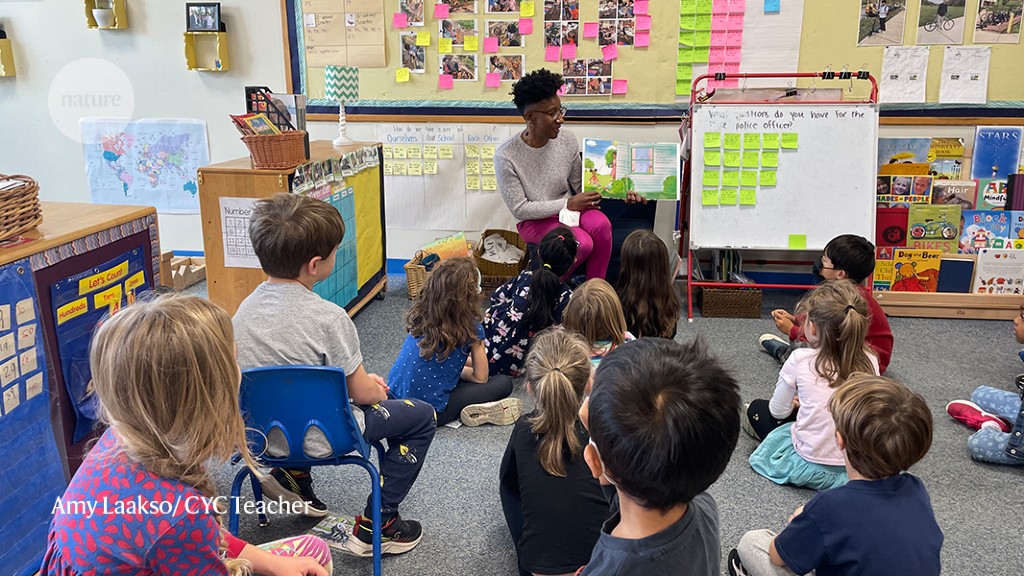
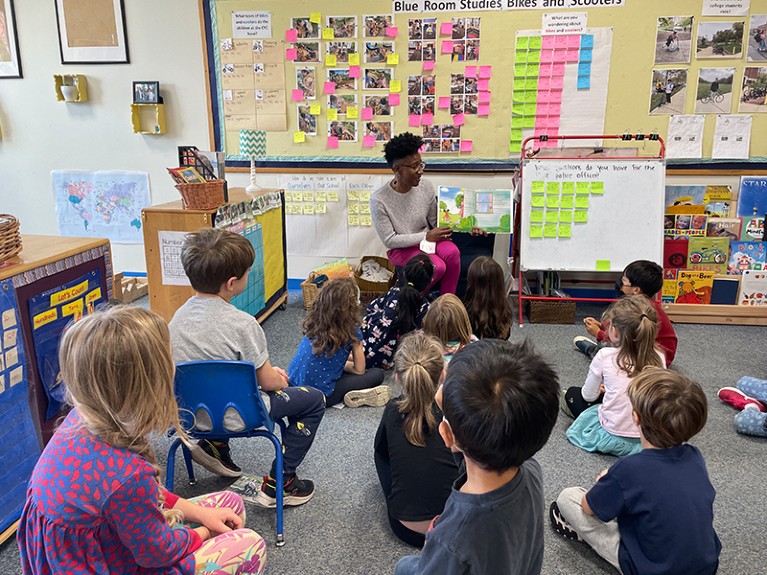
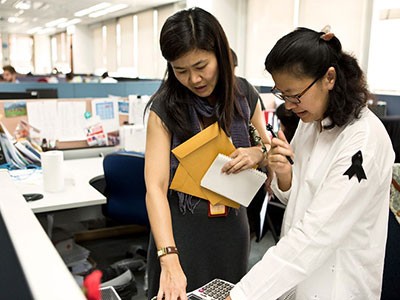
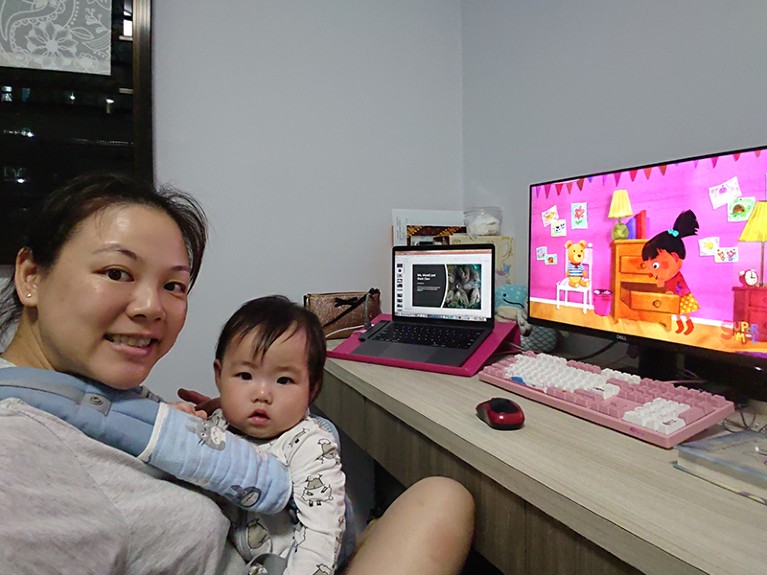

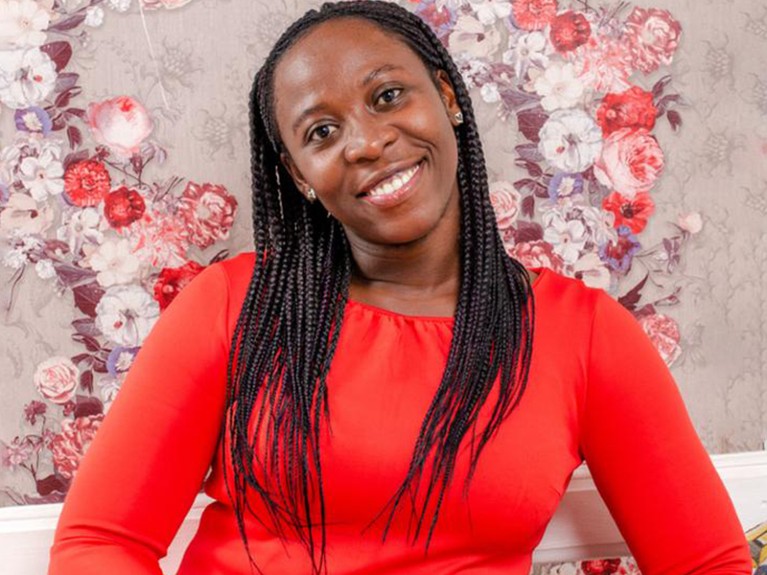
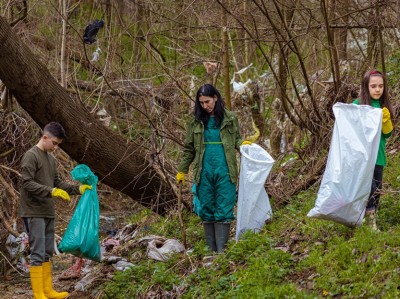

More News
Author Correction: Stepwise activation of a metabotropic glutamate receptor – Nature
Changing rainforest to plantations shifts tropical food webs
Streamlined skull helps foxes take a nosedive